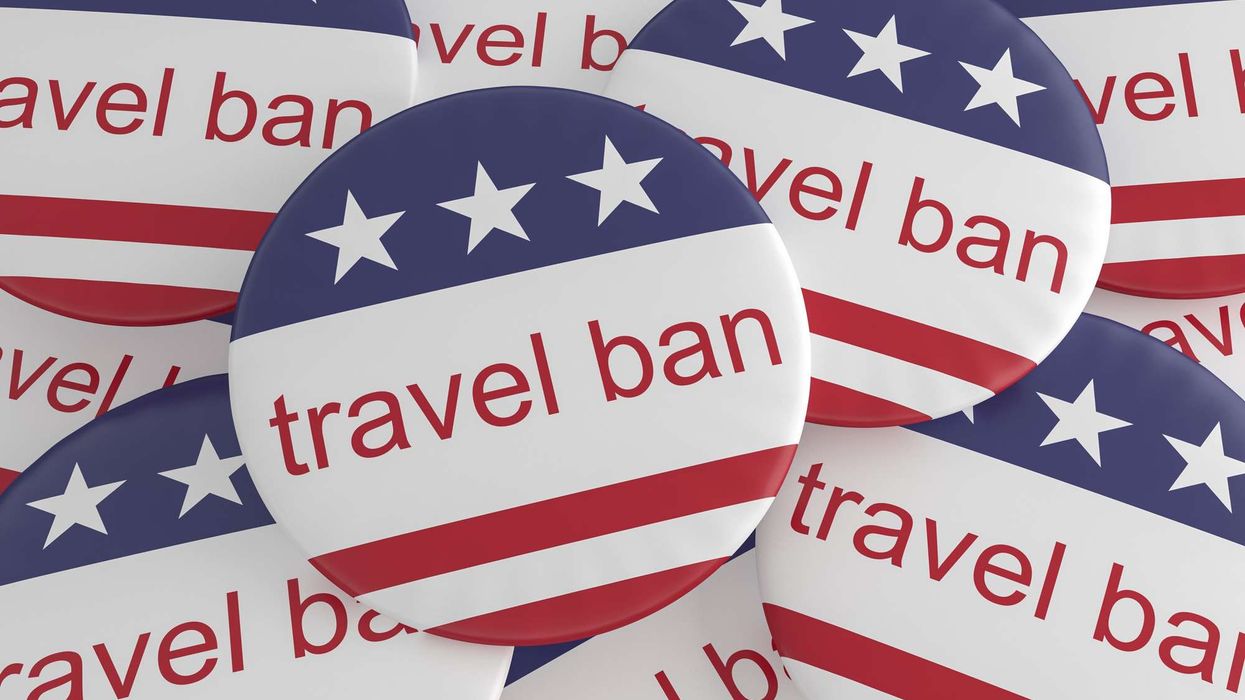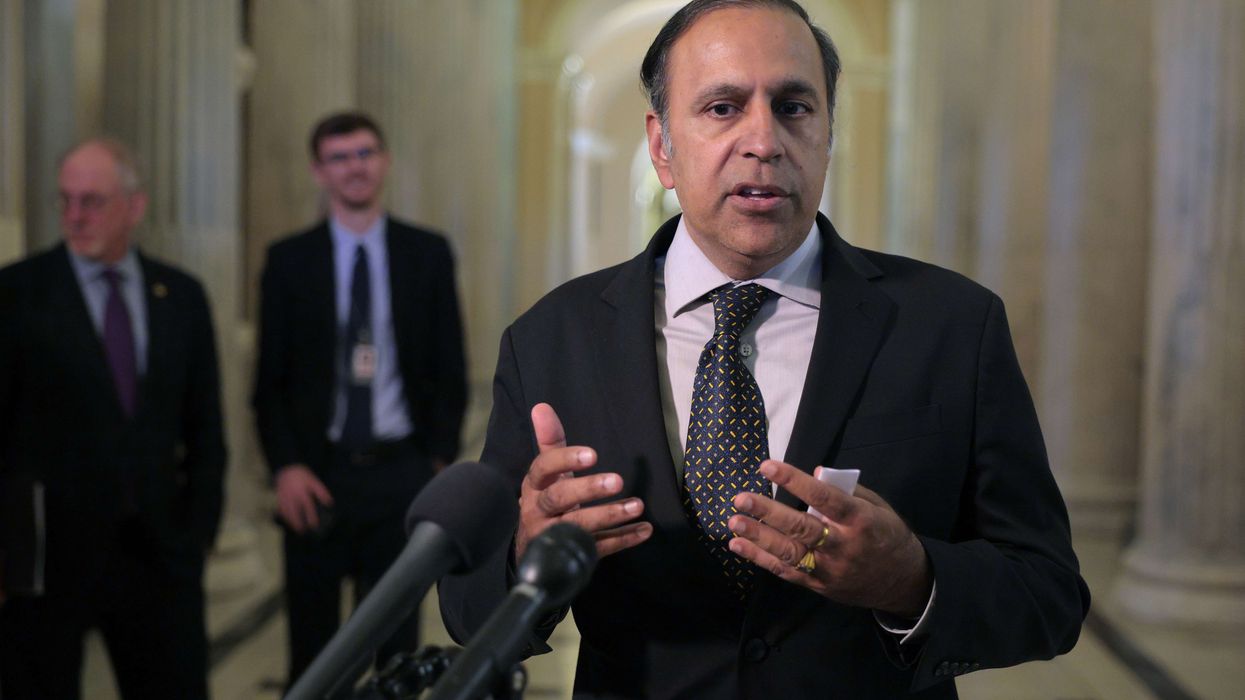AS DEBATES DRAG on in Congress over the next round of federal stimulus, hotel industry experts are warning that a record-breaking number of foreclosures looms around the corner. The situation is dire enough to motivate almost 4,000 industry leaders to send a letter to legislators urging immediate action.
New data from research firm Trepp shows 23.4 percent of commercial mortgage-backed securities loans are delinquent by 30 or more days, according to the American Hotel & Lodging Association. It’s the highest delinquency rate on record, up from 1.3 percent at the end of last year.
In the letter sent to Congress urged Congress to enact the Helping Open Properties Endeavor Act intended to provide assistance to small businesses with CMBS loans. AHLA has sent similar letters before in support of the HOPE Act.
“With record low travel demand, thousands of hotels can’t afford to pay their commercial mortgages and are facing foreclosure with the harsh reality of having to close their doors permanently. Tens of thousands of hotel employees will lose their jobs and small business industries that depend on these hotels to drive local tourism and economic activity will likely face a similar fate,” said Chip Rogers, AHLA president and CEO. “The hotel industry strongly supports The HOPE Act to give struggling small business hotels an opportunity to keep their doors open and avoid foreclosures. We urge the immediate passage of this legislation so America’s tourism industry can survive and recover when the public health crisis subsides.”
The value of the delinquent CMBS loans is $20.6 billion, according to the Trepp report, compared to $1.15 billion as of December 2019. The highest volume of delinquent hotel loans during the previous recession of 2008 was $13.5 billion.
The HOPE Act would provide commercial property owners the temporary liquidity they need to keep their doors open and avoid foreclosures, Rogers said. It could be funded with existing appropriations from the Coronavirus Aid, Relief & Economic Security Act’s Economic Stabilization Fund.
If the mass foreclosures happen, the economic fallout would be devastating for the travel and tourism sector, said Cecil Staton, president and CEO of AAHOA.
“That’s why we need Congress to provide hotel owners with real relief that addresses the needs of small businesses with commercial real estate assets,” Staton said. “Hoteliers are responsible for millions of jobs in communities across the nation, but unless Congress acts, there may not be businesses left for those workers to return to at the end of this pandemic. We are optimistic that the HOPE Act will help hoteliers to address the debt crisis facing the lodging industry, and save good American jobs and small businesses.”
Other industry leaders spoke out in favor of the bill, introduced by Reps. Republicans Van Taylor of Texas and Andy Barr of Kentucky, along with Democrat Al Lawson of Florida.
“Our hotel industry has been devastated by the effects of COVID-19. The financial assistance through the HOPE Preferred Equity lending facility would provide relief and could help stimulate the economic situation in communities throughout the United States,” said Lynette Montoya, president and CEO of the Latino Hotel Association.
“The HOPE Act is essential in helping provide hotel owners with liquidity when we need it most and will serve to help keep businesses open, thus saving local jobs,” said Andy Ingraham, president and CEO of the National Association of Black Hotel Owners, Operators, and Developers.
Negotiations over the next round of COVID-19 stimulus between the Democrat controlled House of Representatives and the Republican controlled Senate recently stalled. This is a cause of concern for Tori Emerson Barnes, executive vice president of public affairs and policy for the U.S. Travel Association.
Of the jobs lost in the U.S. to the pandemic related turndown, 34 percent were in the leisure and hospitality sector, she said.
“It is crucial that leaders in Washington return to the negotiating table immediately and continue the important work they started. Since March, more than half of the 15.8 million pre-pandemic jobs supported by the travel industry have disappeared, leaving workers and small businesses in every pocket of America vulnerable to the economic pain of this public health crisis,” said Emerson Barnes. “Clearly, there can be no nationwide economic revival without a recovery of the travel industry. Despite the robust relief measures enacted over the past several months, huge numbers of travel businesses are still unable to access any of the assistance programs. The Paycheck Protection Program needs to be immediately extended and expanded to include destination marketing organizations, without which an economic recovery will be constricted before it even begins.”












